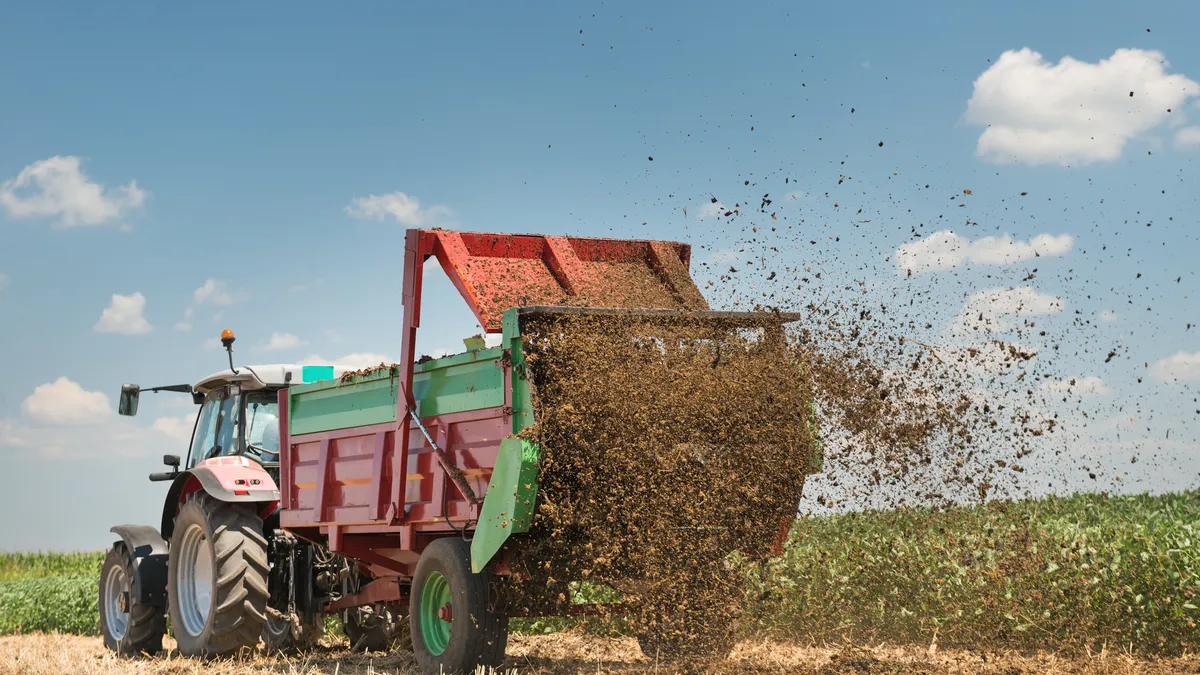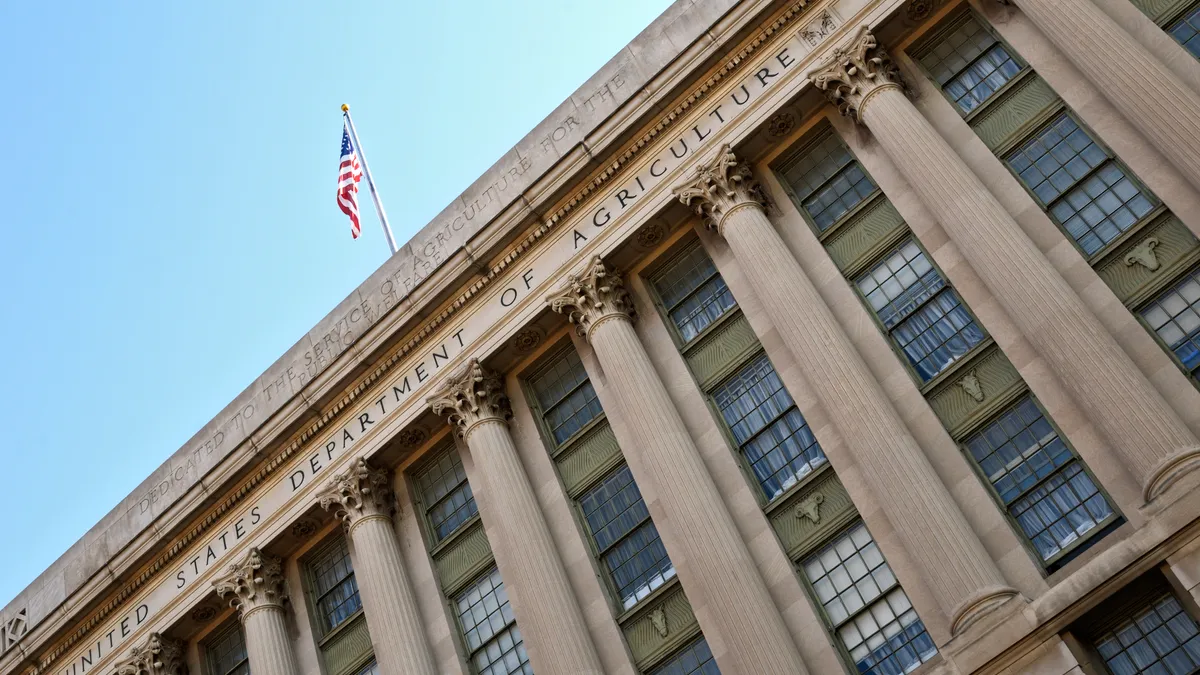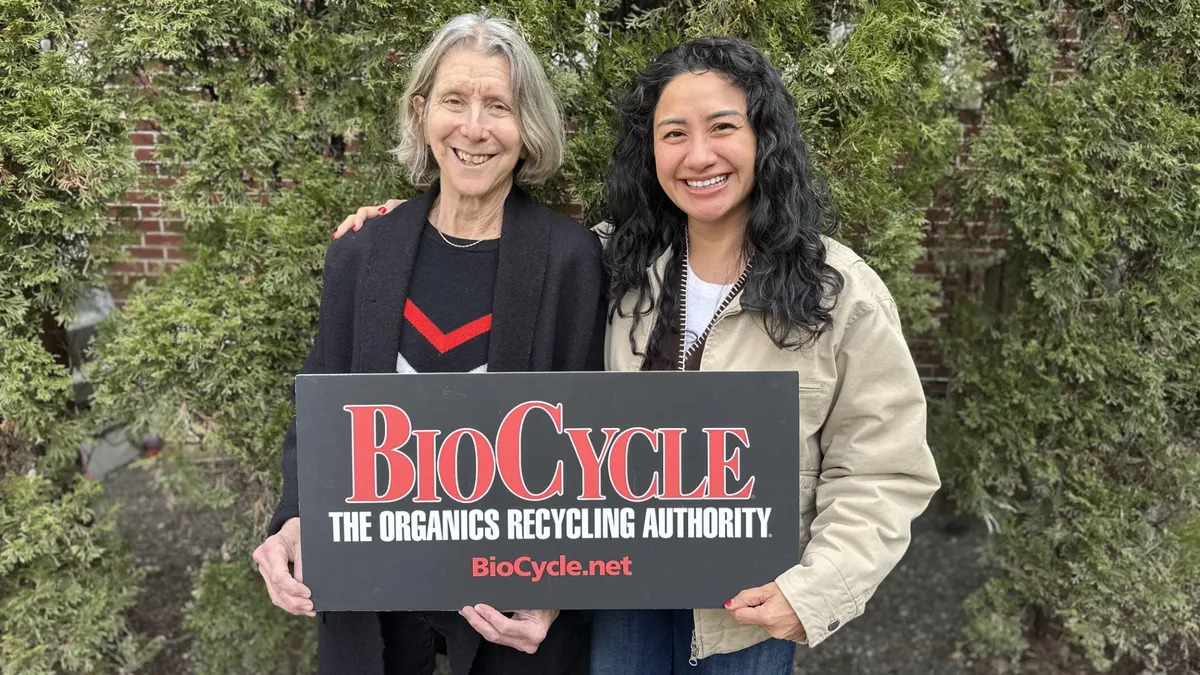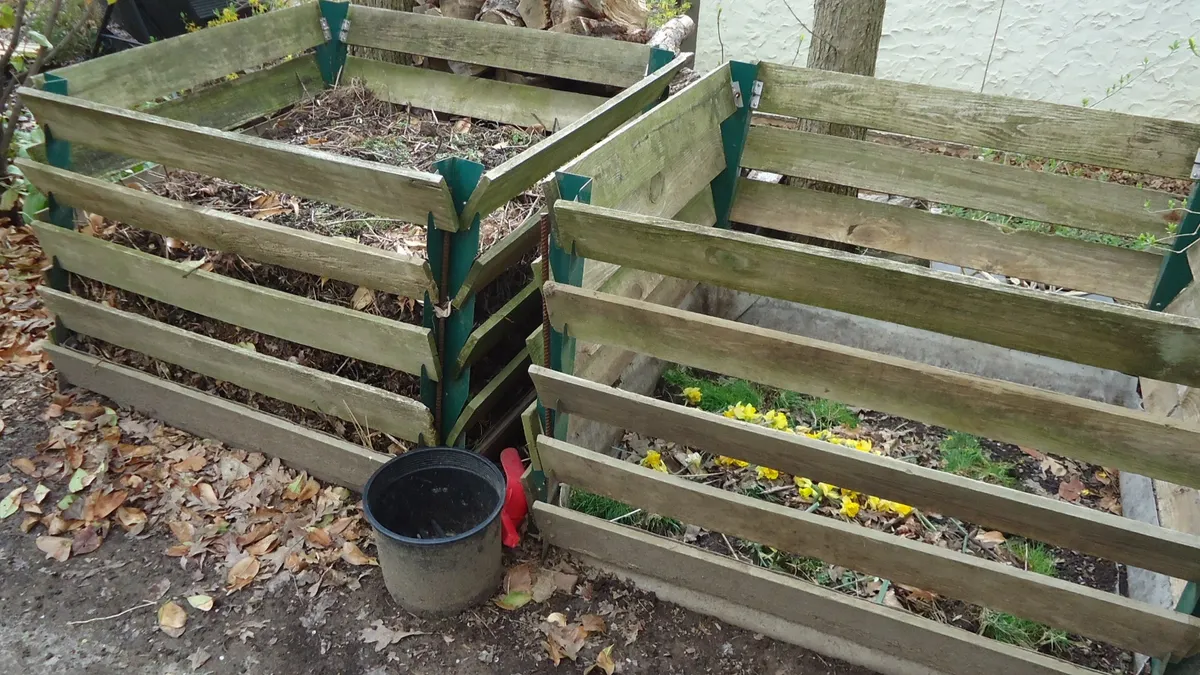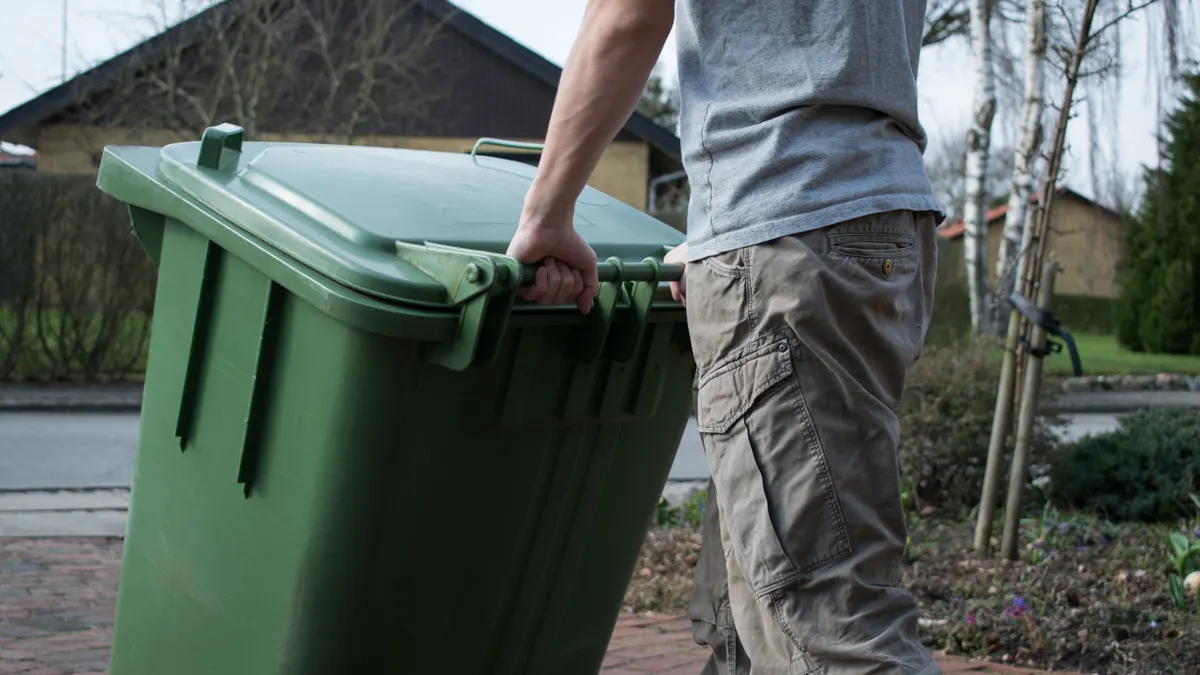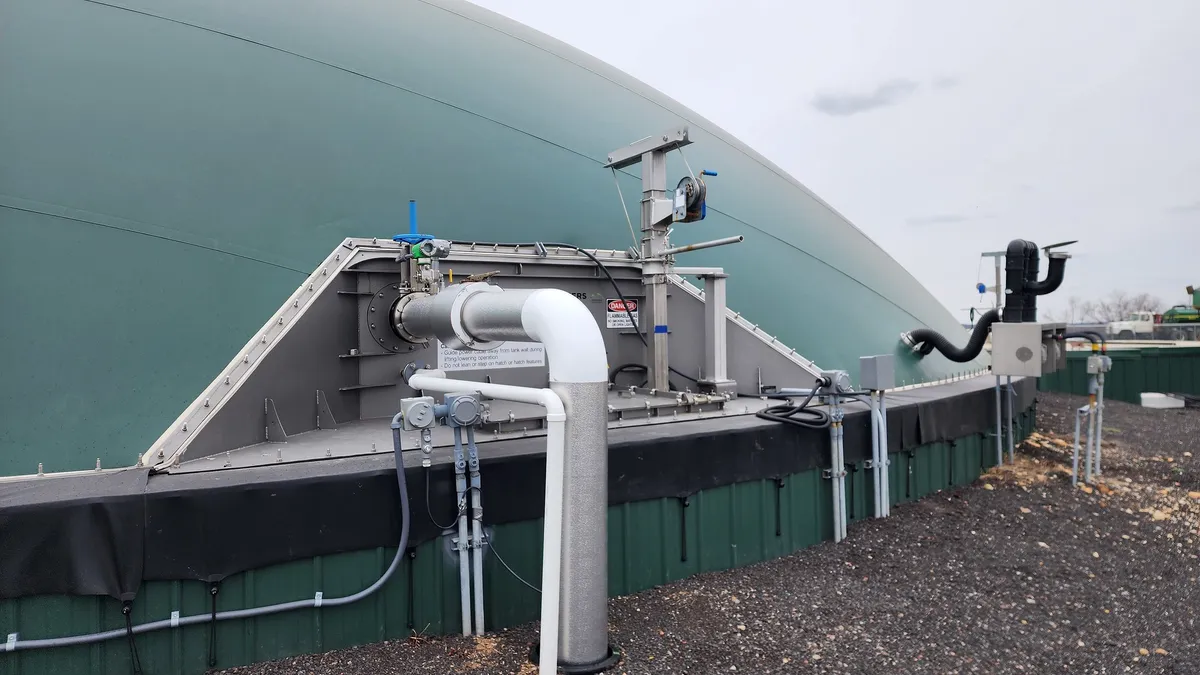Massachusetts lawmakers are scheduled to debate on Wednesday a bill that targets PFAS contamination in water, soil products and landfills.
It's one of 12 states where lawmakers have considered legislation this year seeking to address contamination from the family of per- and polyfluoroalkyl substances that have become widely used in manufacturing, according to an analysis by Safer States.
As public awareness of public health issues connected to PFAS has increased, states have increasingly looked to regulate the class of chemicals. The chemicals, which are very slow to degrade in the natural environment, are used in manufacturing processes for their water-repellent properties. But they can reach drinking water sources through facility effluent, and water treatment plants are often not equipped to destroy the chemicals.
As a result, they can also reenter the environment through fertilizer created by biosolids, or sewage sludge, produced by the plants. The practice of spreading biosolids on agricultural land has become widespread in recent decades, but a growing number of states have called for restrictions on the practice due to PFAS contamination concerns. Landfills, too, can leak PFAS into the environment via leachate, but also receive PFAS-containing materials like biosolids for disposal.
Last year, Oregon, Rhode Island, Virginia and Washington passed bills that either set new monitoring requirements or initiated studies into the prevalence of PFAS in sewage sludge, according to Safer States, a program of environmental health advocacy group Toxic-Free Future. But legislation continues to pop up across geography and ideological divides in the country.
Where states are debating PFAS restrictions on sludge
The Massachusetts bill would set up a PFAS Remediation Trust Fund to assist local governments with clean up of the chemical in drinking water, groundwater, soil, sediment, surface water, wastewater, sludge or sludge products and landfills. Money coming from settlements reached with manufacturers regarding the use of PFAS would enter the fund, which could also accept public or private grants and other funding sources.
The bill would also set in motion new studies into PFAS contamination in agricultural land and other sources. Massachusetts has required quarterly monitoring of PFAS in residuals from wastewater treatment plants and certain other industrial facilities since August 2020.
The bill would also set several new restrictions regarding PFAS. It would restrict the sale of any products using PFAS unless they had been granted an exemption by the state's Department of Environmental Protection. Manufacturers would also be required to register any product that uses PFAS with the state by June 1, 2028.
Groundwater and surface water discharge permits would include monitoring and reporting requirements for the chemicals. Industrial entities would be required to minimize the use and discharge of PFAS in order to obtain permits.
And the state would also phase out the sale or use of sludge on land as fertilizer and would prevent its landfilling. Currently, about 39% of Massachusetts’ sludge was ultimately land applied and 14% was landfilled, according to a report prepared for the state last year by Tighe & Bond.
The ban would follow similar restrictions put in place by Connecticut and Maine. When the latter state enacted its ban in 2022, it led to a disposal crunch in the state that forced interim solutions.
The Northeast Biosolids and Residuals Association issued a warning to its members over the Massachusetts bills last week. It also flagged another set of Massachusetts bills scheduled for a hearing on Sept. 16 that would put a complete moratorium on the land application of biosolids, taking away a common disposal pathway for the material.
"Massachusetts water resource recovery facilities need more options for managing biosolids right now, not less," the industry group wrote in its email to members.
Versions of the bills filed in previous sessions have been supported by groups like Clean Water Action, MassPIRG and the Massachusetts Sierra Club chapter. They praise provisions that "turn off the tap" for new PFAS exposure, calling the chemicals "the greatest toxic threat we face today."
About 37% of Massachusetts' sludge was incinerated in 2023, mostly at facilities in Rhode Island, Canada and Connecticut, per the Tighe & Bond report. Those facilities' capacity, which the consultants assumed would remain over the next five years, is some of the most exposed to risk as escalating pollution requirements threaten their continued operation.
Meanwhile, landfill capacity for the disposal of sludges in and around Massachusetts is expected to fall by half over the next decade. The consultants surveyed 24 landfills and found just two willing to increase the amount of sludge they would accept. Fifteen said they would not, while the rest did not respond to the survey.
And other risk factors remain. Massachusetts sends a significant portion of its biosolids to Casella's Hawk Ridge composting facility in Maine, but the operator plans to shut down that facility over PFAS restrictions, the Bangor Daily News reported last week.



